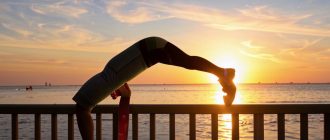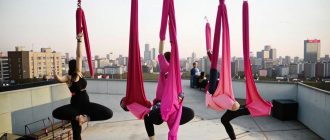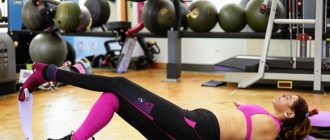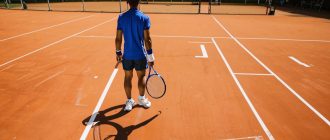Beautiful legs and taut buttocks – a wish that can be realized quickly, it is only worth the effort. From approach to approach, from month to month you will notice changes, you just need to choose the right exercises and do them correctly. Squats are a good helper, but there are other ways to achieve beauty and relief of legs. For example, side lunges. It is about this popular exercise that we will tell you today.
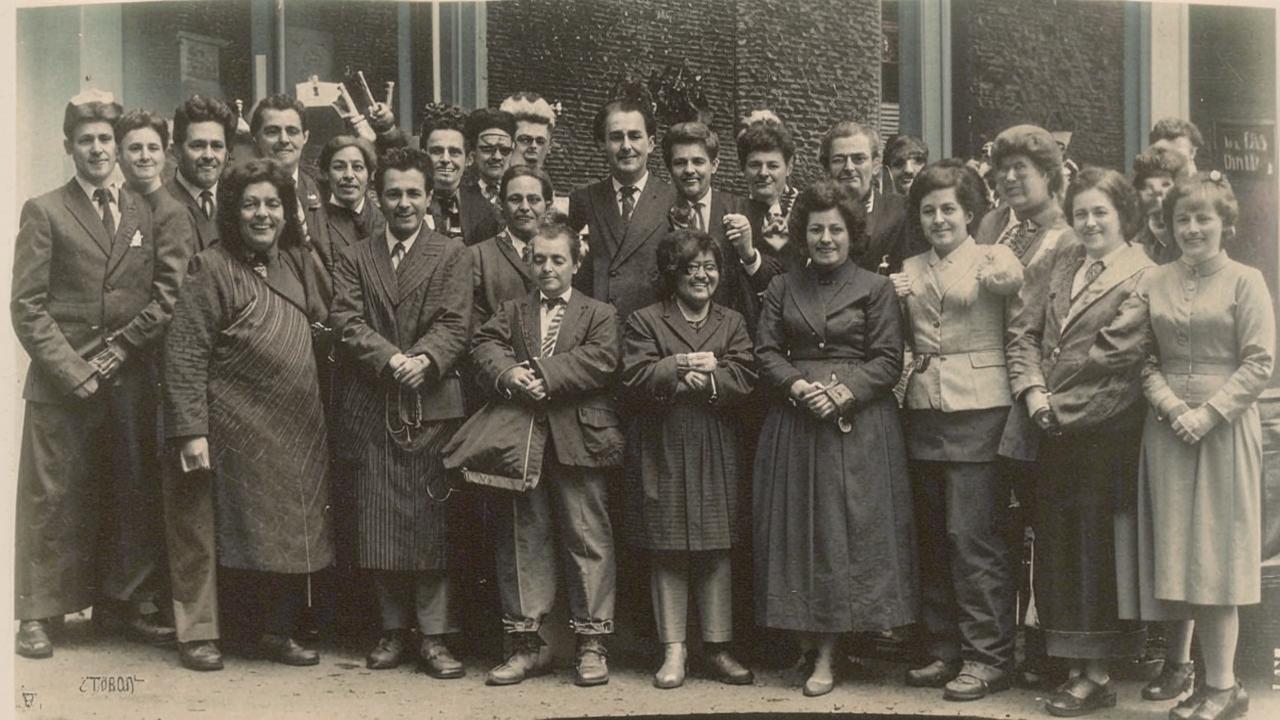
Expert trainer of the gym of the Pride Fitness chain of fitness clubs.
“Let’s break down the ins and outs of side lunges.”
Benefits of side lunges
Strengthening muscles and improving their tone. Side lunges activate the gluteal muscles, helping to strengthen them and create a rounder, tighter shape. This exercise works the large muscles of the legs, including the quadriceps, thighs and calves, helping to develop them.
Beautiful shapes. Of course, it promotes the appearance of hip relief, improving the shape of the buttocks as well.
Development of balance, coordination and stability. Lateral lunges require full control of the body, which helps to pump such important qualities.
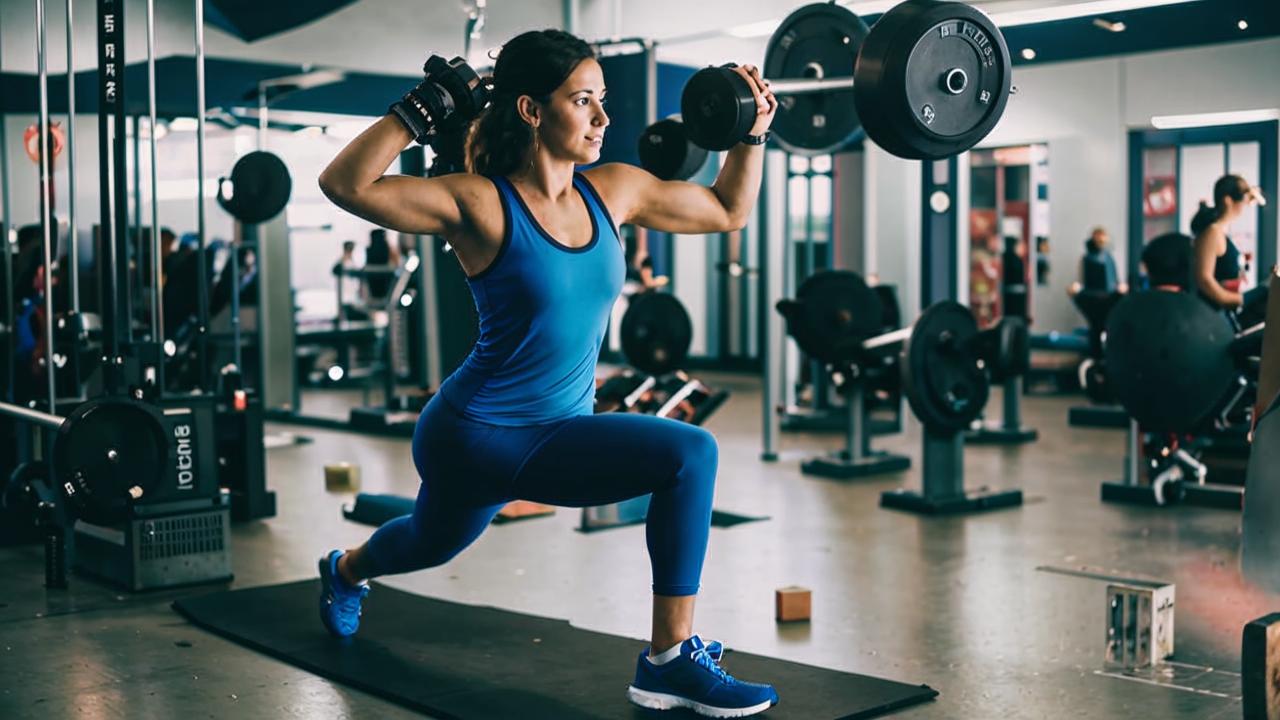
Side lunges technique
- Stand up straight, feet shoulder width apart, hands locked in front of your chest.
- To perform a side lunge, step to the side with one foot, keeping your back straight.
- During the step, bend your knee and move your pelvis backwards, as you would when doing squats, making sure that your knee moves straight, without deviating to the side.
- You can tilt your body slightly forward.
- Make sure the bent knee does not extend beyond the toe line to avoid overloading the knee joint. The other leg is extended.
- At the lowest point, the thigh of the bent leg is parallel to the floor or just below.
- Then return to the starting position by pushing off with the heel of the bent leg.
- Repeat the exercise on the other side.
How to perform the exercise with a weighted bar?
If you plan to do side lunges with the use of additional weights, for example, dumbbells, it is recommended to adhere to some rules.
- Hold the projectile in front of you with both hands. Choose a comfortable weight, and increase it gradually.
- Focus on maintaining a straight body position, bring your shoulder blades together and put your chest forward.
- Avoid rounding your shoulders as this can negatively affect your posture in the long run.
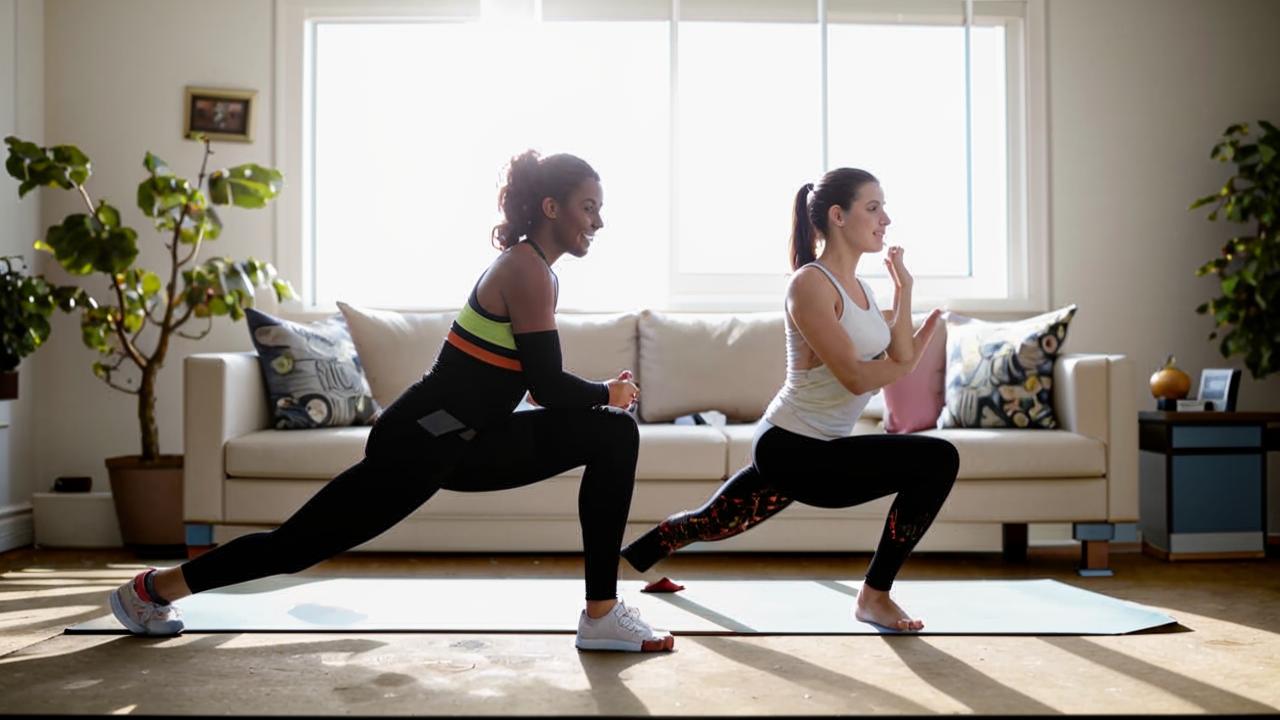
Mistakes when performing side lunges and how to avoid them
No warm-up. This exercise, like all the others, requires prior preparation. Make sure you warm up well, preparing your body for the work.
Stepping too far to the side. This mistake can cause you to lose balance and overload your joints. To avoid injury, take a small step to the side.
Body twisting. If you twist your body while performing an exercise, it can lead to improper muscle loading and injury. While performing side lunges, it is important to keep your back straight while maintaining a natural lumbar flexion.
“Putting the foot down”. Some novice athletes do not place the foot gently, but literally fall on it without any muscle control. It is important not to stomp your foot when performing a lunge to avoid additional stress on the knee joint.
Incorrect pace. Do not rush, perform the movements under control without jerks, sudden and quick changes of position.
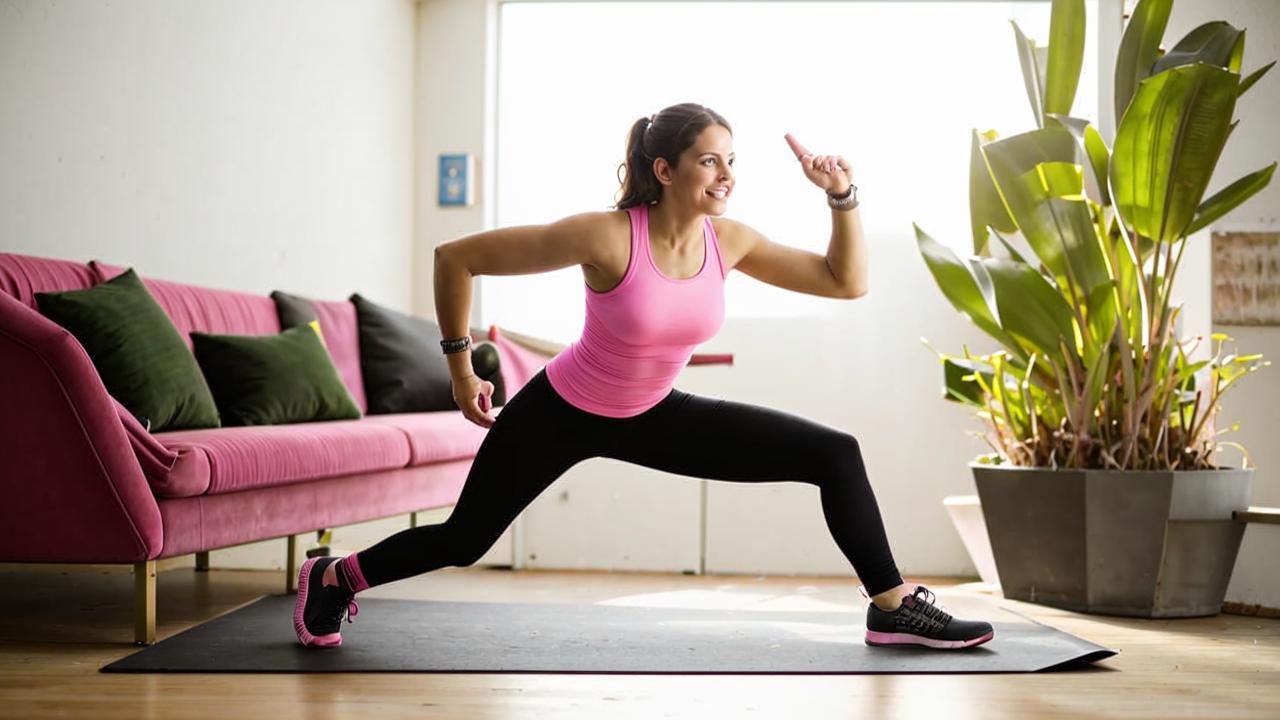
Contraindications for performing lateral lunges
- Injury or inflammation, especially in the ankle, hip, knee or back.
- Knee or back pain.
- High blood pressure.
Compose your workout so that the exercises change the accent, i.e. the actively working muscle group. This will allow you to comprehensively affect the selected part of the body and achieve maximum results. Exercise correctly and in your own pleasure.

